Home>Home Appliances>Kitchen Appliances>Why Is My Electric Kettle So Loud


Kitchen Appliances
Why Is My Electric Kettle So Loud
Modified: August 21, 2024
Discover why your kitchen appliances, specifically your electric kettle, are making so much noise. Learn how to troubleshoot and fix the issue for a quieter kitchen.
(Many of the links in this article redirect to a specific reviewed product. Your purchase of these products through affiliate links helps to generate commission for Storables.com, at no extra cost. Learn more)
Introduction
Electric kettles have become an indispensable kitchen appliance, offering convenience and efficiency when it comes to boiling water for various purposes, such as making tea, coffee, or instant soups. However, you might have noticed that your electric kettle produces a surprisingly loud noise during operation. This phenomenon can be quite perplexing, prompting you to wonder why your seemingly simple appliance is making such a racket.
The purpose of this article is to delve into the intriguing world of electric kettles, uncovering the reasons behind their noisy nature. By understanding the mechanisms, factors contributing to the noise, potential issues, and solutions, you will gain valuable insights into your electric kettle's operation and learn how to mitigate the noise it generates.
So, why is your electric kettle so loud? Let's embark on a journey to unravel the mystery behind this common kitchen conundrum.
Key Takeaways:
- Electric kettles make noise due to steam release, vibrations, design, water quality, and power output. Understanding these factors helps optimize their performance and minimize disruptive noise levels.
- Regular descaling, maintenance, and considering power output can reduce excessive noise from electric kettles, ensuring a harmonious and efficient boiling experience.
Read more: Why Is My Bathtub Drain So Loud
Understanding the Mechanism of Electric Kettles
Before delving into the reasons behind the noisy nature of electric kettles, it is essential to comprehend their fundamental mechanism. Electric kettles feature a straightforward yet ingenious design, consisting of a heating element, a water chamber, and a power base. When you fill the kettle with water and switch it on, the heating element, typically made of stainless steel or copper, rapidly heats up. This process is facilitated by the flow of electricity through the element, generating heat that warms the water.
As the water temperature rises, it eventually reaches the boiling point, causing the water to transform into vapor. This vapor, commonly known as steam, exerts pressure within the confined space of the kettle. At this point, the steam seeks an escape route, leading to the characteristic whistling or hissing sound associated with traditional stovetop kettles. However, in the case of electric kettles, the steam is released through a vent or spout, resulting in the audible noise that often surprises users.
Moreover, the heating element’s rapid temperature increase and the subsequent boiling of the water can create vibrations within the kettle’s structure. These vibrations, coupled with the release of steam, contribute to the overall noise produced during the boiling process. The combination of steam pressure and vibrations results in the familiar cacophony that accompanies the operation of an electric kettle.
By comprehending the underlying mechanism of electric kettles, you can gain a deeper appreciation for the interplay of heat, water, and steam that culminates in the audible commotion. This understanding sets the stage for exploring the specific factors that contribute to the noise emanating from these ubiquitous kitchen appliances.
Factors Contributing to the Noise
Several factors contribute to the noticeable noise produced by electric kettles during operation. Understanding these elements can shed light on the reasons behind the racket and provide valuable insights into the inner workings of these commonplace kitchen appliances.
- Steam Release: One of the primary contributors to the noise generated by electric kettles is the release of steam. As the water reaches its boiling point, it transforms into steam, exerting pressure within the kettle. When the steam is released through the vent or spout, it creates a distinct hissing or whistling sound, adding to the overall noise level.
- Vibrations: The rapid heating of the water by the electric kettle’s heating element can lead to the generation of vibrations within the appliance. These vibrations are a result of the intense energy transfer from the heating element to the water, causing the kettle’s components to resonate and produce audible sound waves.
- Kettle Design and Materials: The design and materials used in the construction of electric kettles can also influence the noise levels during operation. Kettles with thinner or less insulated walls may transmit more sound, while those with effective insulation and dampening features can mitigate the noise to some extent.
- Water Quality: The quality of the water being boiled can impact the noise produced by the kettle. Water with a high mineral content, commonly referred to as hard water, can lead to mineral buildup on the heating element or interior surfaces of the kettle. This buildup can cause irregular boiling patterns and contribute to increased noise levels during operation.
- Power Output: The power rating of the electric kettle, measured in watts, can influence the speed at which the water reaches its boiling point. Kettles with higher power outputs may boil water more rapidly, potentially leading to increased noise due to the accelerated heating process.
By considering these factors, you can gain a comprehensive understanding of the elements at play when your electric kettle unleashes its cacophony. The interplay of steam release, vibrations, design, water quality, and power output collectively contributes to the distinctive noise that accompanies the boiling of water in electric kettles.
To reduce the noise of your electric kettle, try descaling it regularly to remove mineral buildup. This can help improve the efficiency and quietness of the heating element.
Potential Issues and Solutions
While the noise generated by electric kettles is often a normal consequence of their operation, there are instances where excessive or unusual sounds may indicate underlying issues that warrant attention. Understanding these potential issues and their corresponding solutions can empower you to address any anomalies in your kettle’s performance and ensure its optimal functionality.
- Excessive Noise: If your electric kettle produces an unusually loud or grating noise during operation, it may be indicative of mineral buildup on the heating element or interior surfaces. To address this issue, consider descaling the kettle using a vinegar or citric acid solution. This process helps remove mineral deposits and restore the kettle’s efficiency, potentially reducing the noise levels associated with irregular boiling patterns.
- Erratic Boiling: In some cases, an electric kettle may exhibit erratic boiling behavior, accompanied by pronounced noise variations. This irregularity could stem from mineral accumulation, uneven heating due to scaling, or a faulty heating element. Regular descaling and cleaning can mitigate these issues, while ensuring that the kettle’s heating element is functioning optimally.
- Structural Resonance: The design and construction of electric kettles can influence their propensity to resonate and amplify noise. If the kettle’s components are loose or poorly assembled, they may contribute to excessive rattling or reverberation during operation. Ensuring that the kettle is structurally sound and free from loose parts can minimize these disturbances.
- Power Output Considerations: If the noise levels from your electric kettle are consistently bothersome, you might consider opting for a model with a lower power output. While this may marginally increase the boiling duration, it can result in quieter operation due to the reduced intensity of the heating process.
By addressing these potential issues and implementing the corresponding solutions, you can optimize the performance of your electric kettle and mitigate excessive noise. Regular maintenance, descaling, and mindful consideration of power output can contribute to a quieter and more efficient boiling experience, ensuring that your kettle remains a reliable and indispensable kitchen companion.
Conclusion
In conclusion, the audible commotion produced by electric kettles during operation is a multifaceted phenomenon rooted in the interplay of steam release, vibrations, design, water quality, and power output. Understanding the mechanism of electric kettles and the factors contributing to their noise levels provides valuable insights into the inner workings of these ubiquitous kitchen appliances.
While the noise generated by electric kettles is often a normal consequence of their operation, it is essential to remain attentive to any unusual or excessive sounds that may indicate underlying issues. By recognizing potential problems such as mineral buildup, erratic boiling behavior, and structural resonance, you can take proactive measures to address these issues and optimize your kettle’s performance.
Furthermore, the solutions presented, including descaling, regular maintenance, and thoughtful consideration of power output, offer practical means to mitigate excessive noise and ensure the efficient and reliable operation of electric kettles. By implementing these measures, you can enhance the functionality of your kettle while minimizing disruptive noise levels.
Ultimately, electric kettles continue to serve as indispensable kitchen companions, offering unparalleled convenience and efficiency in boiling water for various culinary and beverage preparations. By gaining a deeper understanding of their noise-producing mechanisms and taking proactive steps to address potential issues, you can ensure that your electric kettle remains a reliable and harmonious addition to your culinary repertoire.
So, the next time your electric kettle emits its characteristic cacophony, you can appreciate the intricate interplay of forces that culminate in the familiar symphony of boiling water, knowing that your understanding and proactive maintenance contribute to a harmonious and efficient boiling experience.
Frequently Asked Questions about Why Is My Electric Kettle So Loud
Was this page helpful?
At Storables.com, we guarantee accurate and reliable information. Our content, validated by Expert Board Contributors, is crafted following stringent Editorial Policies. We're committed to providing you with well-researched, expert-backed insights for all your informational needs.
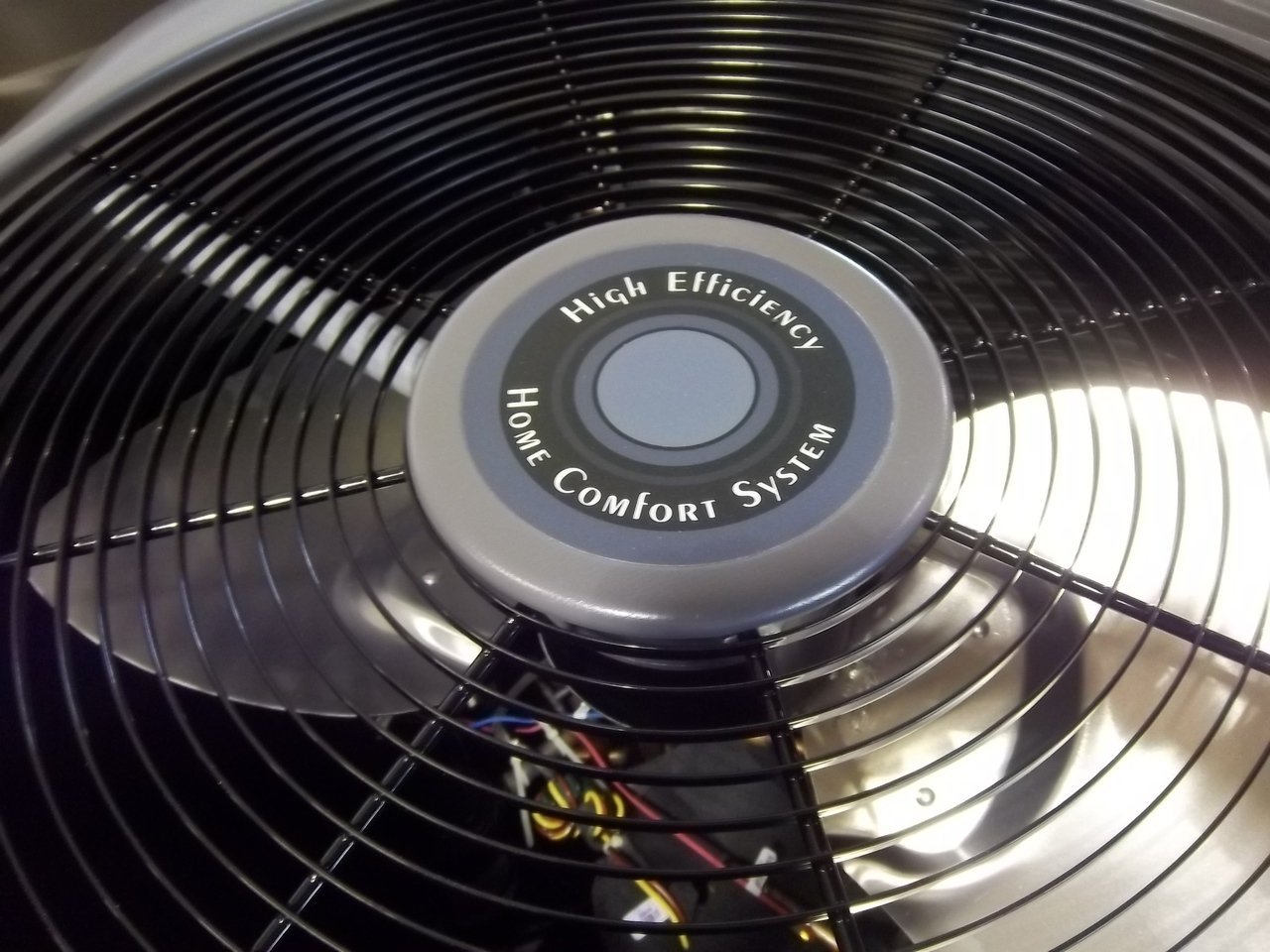

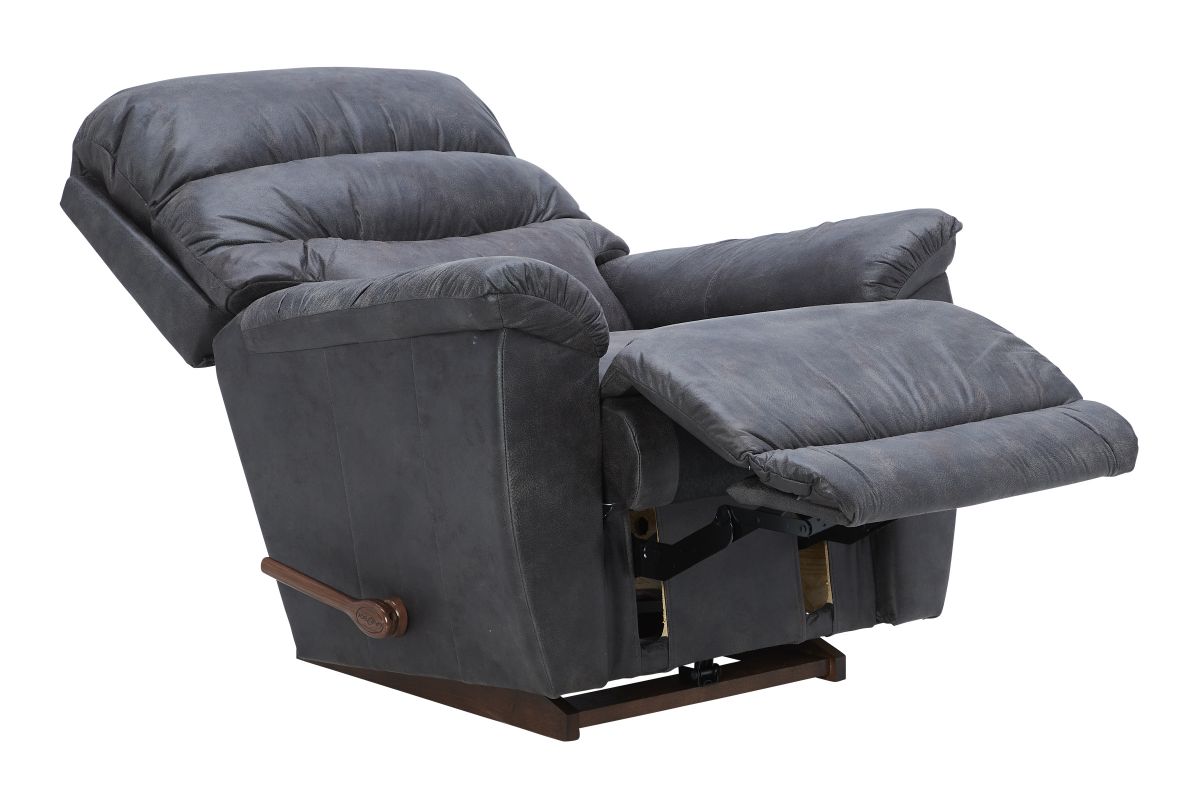

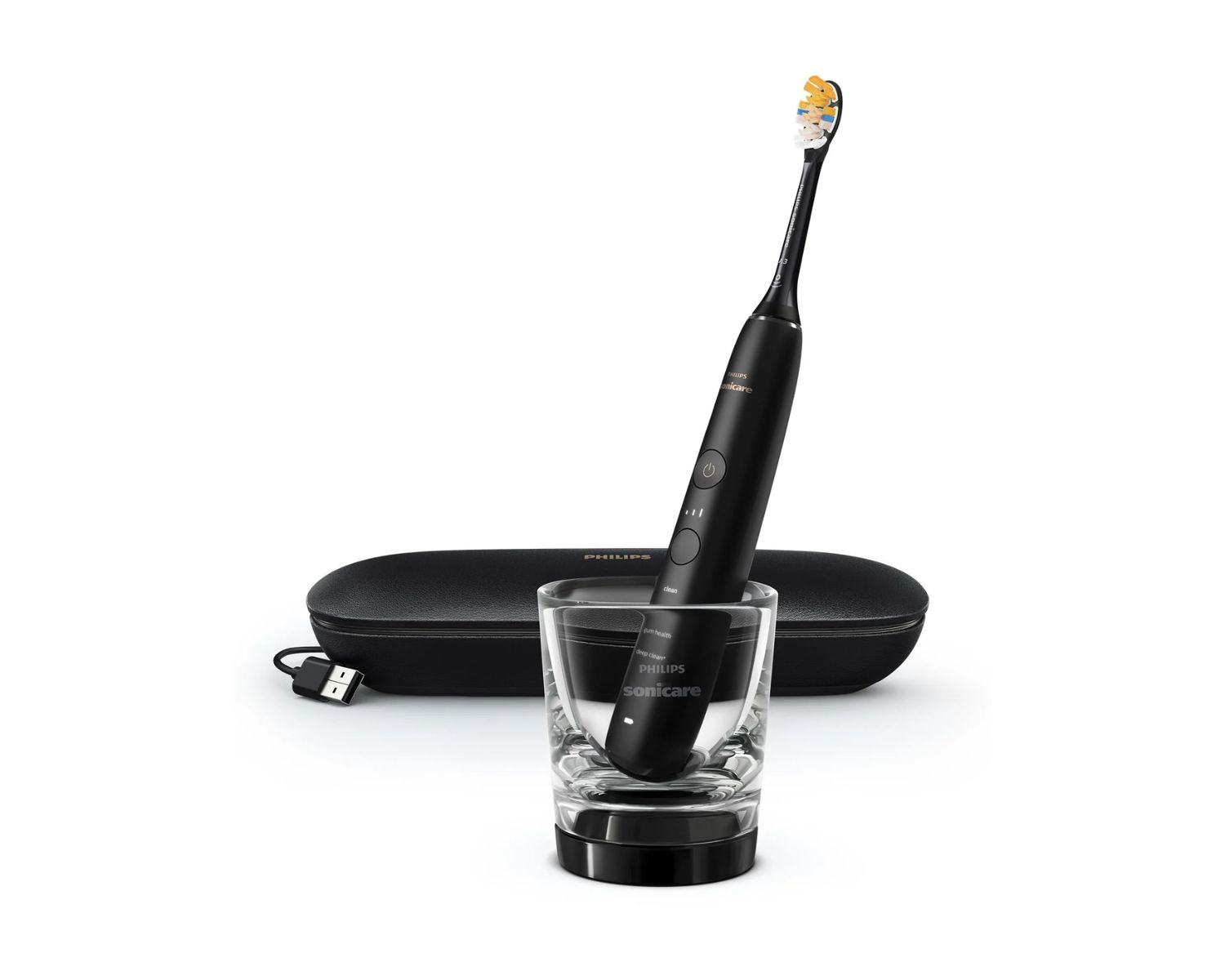
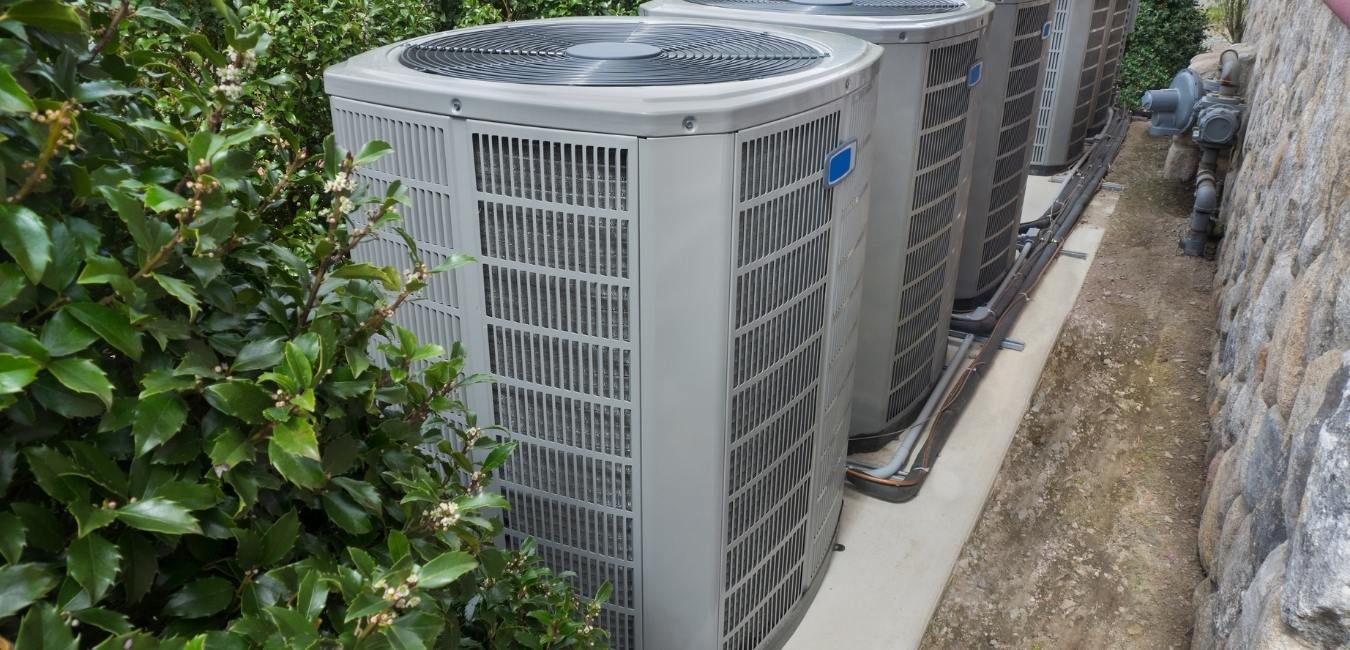
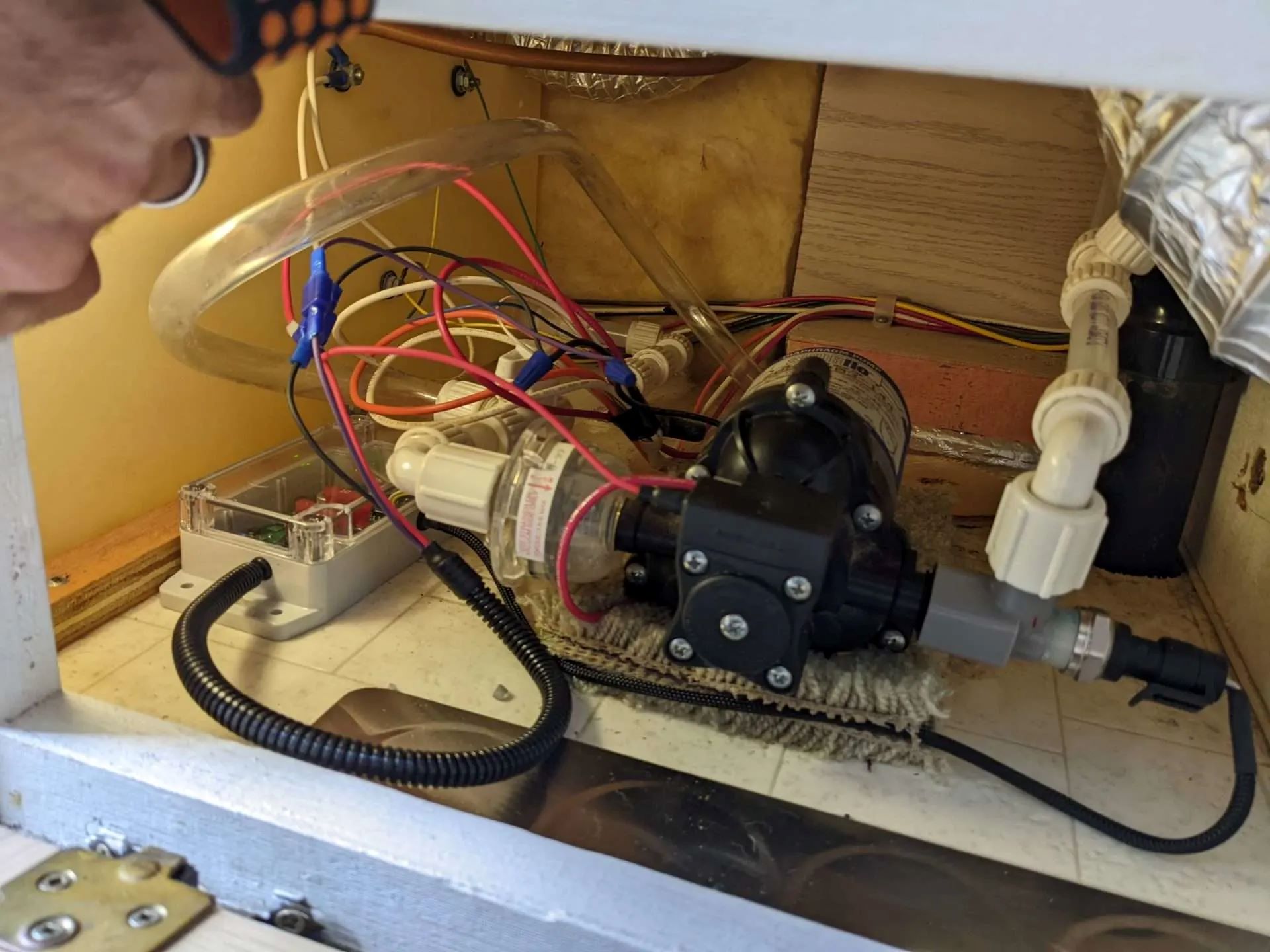
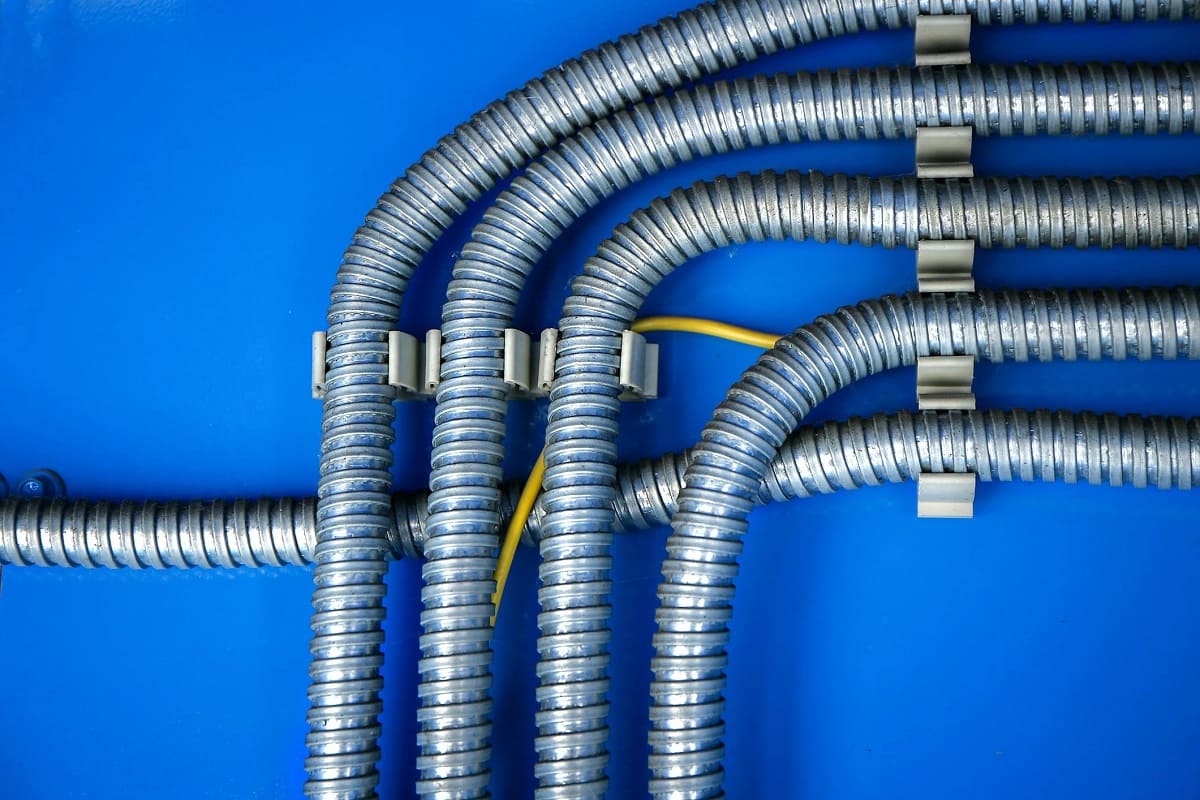
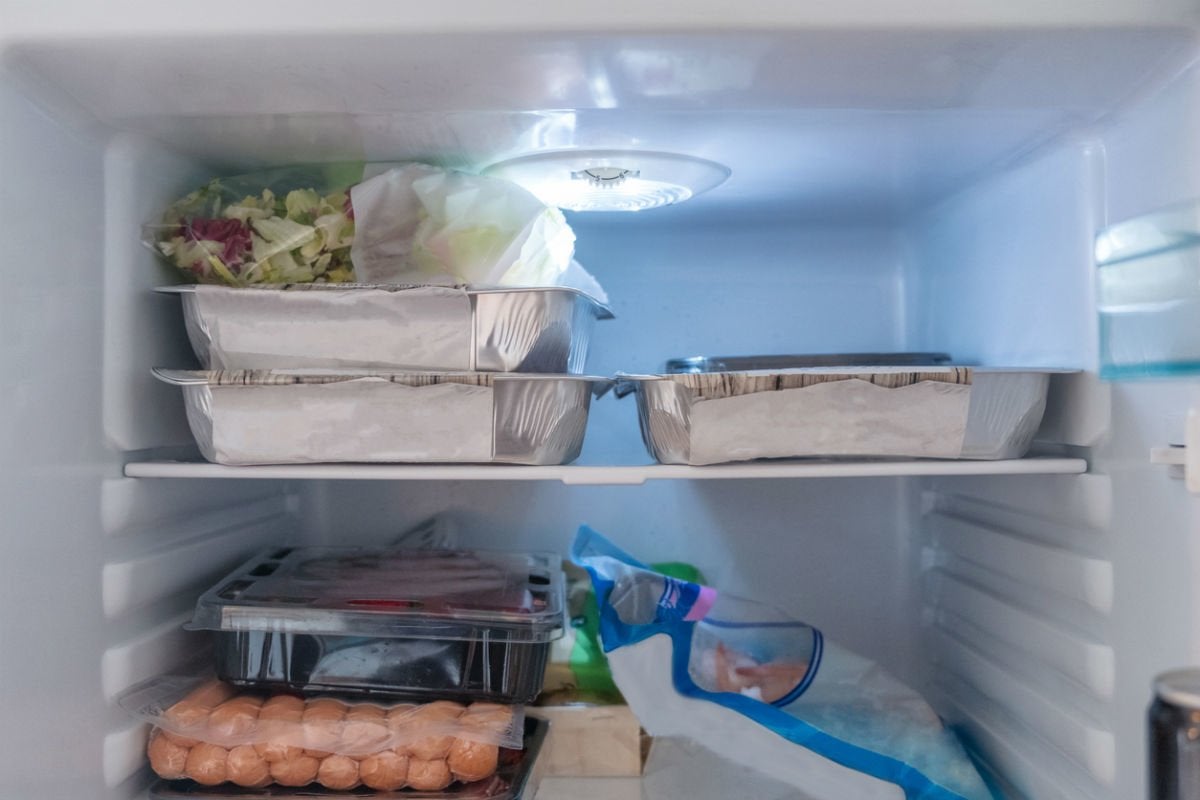

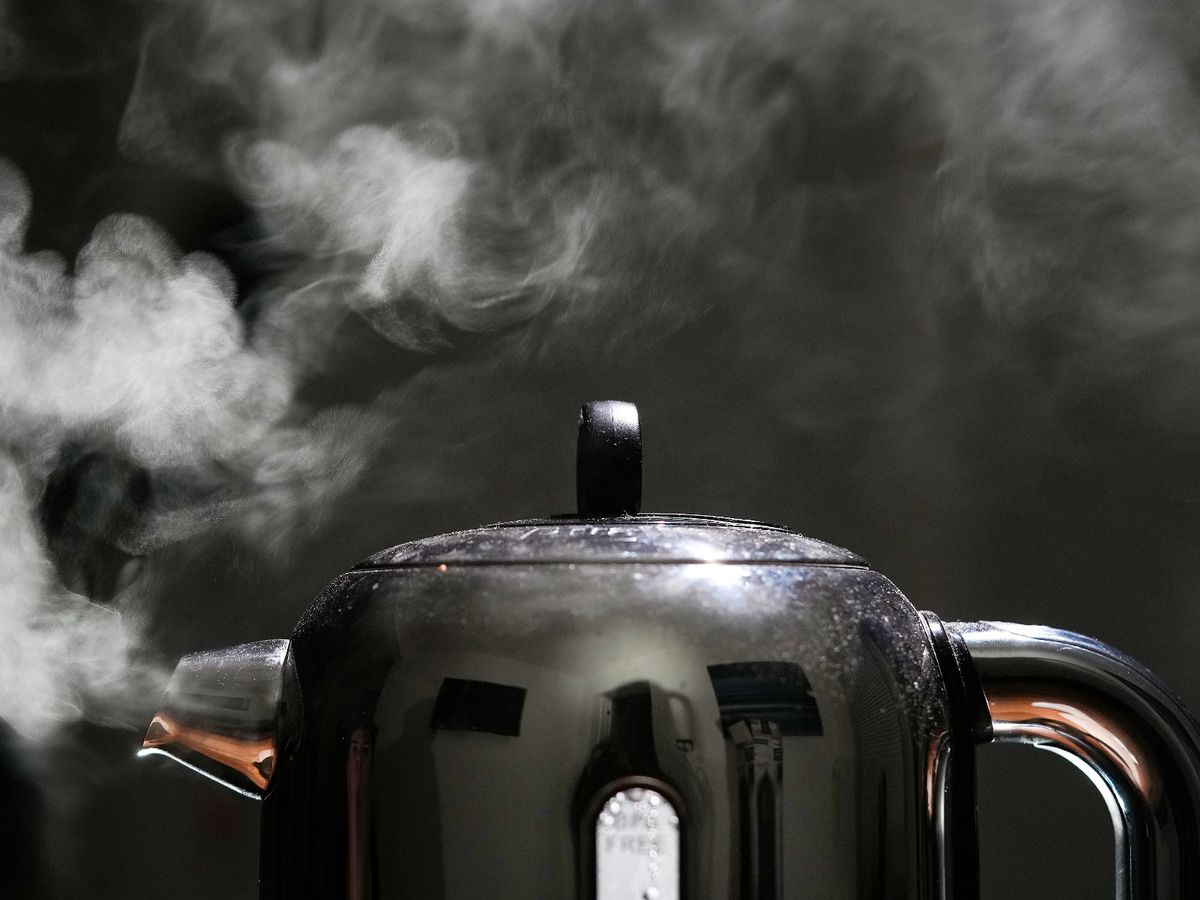


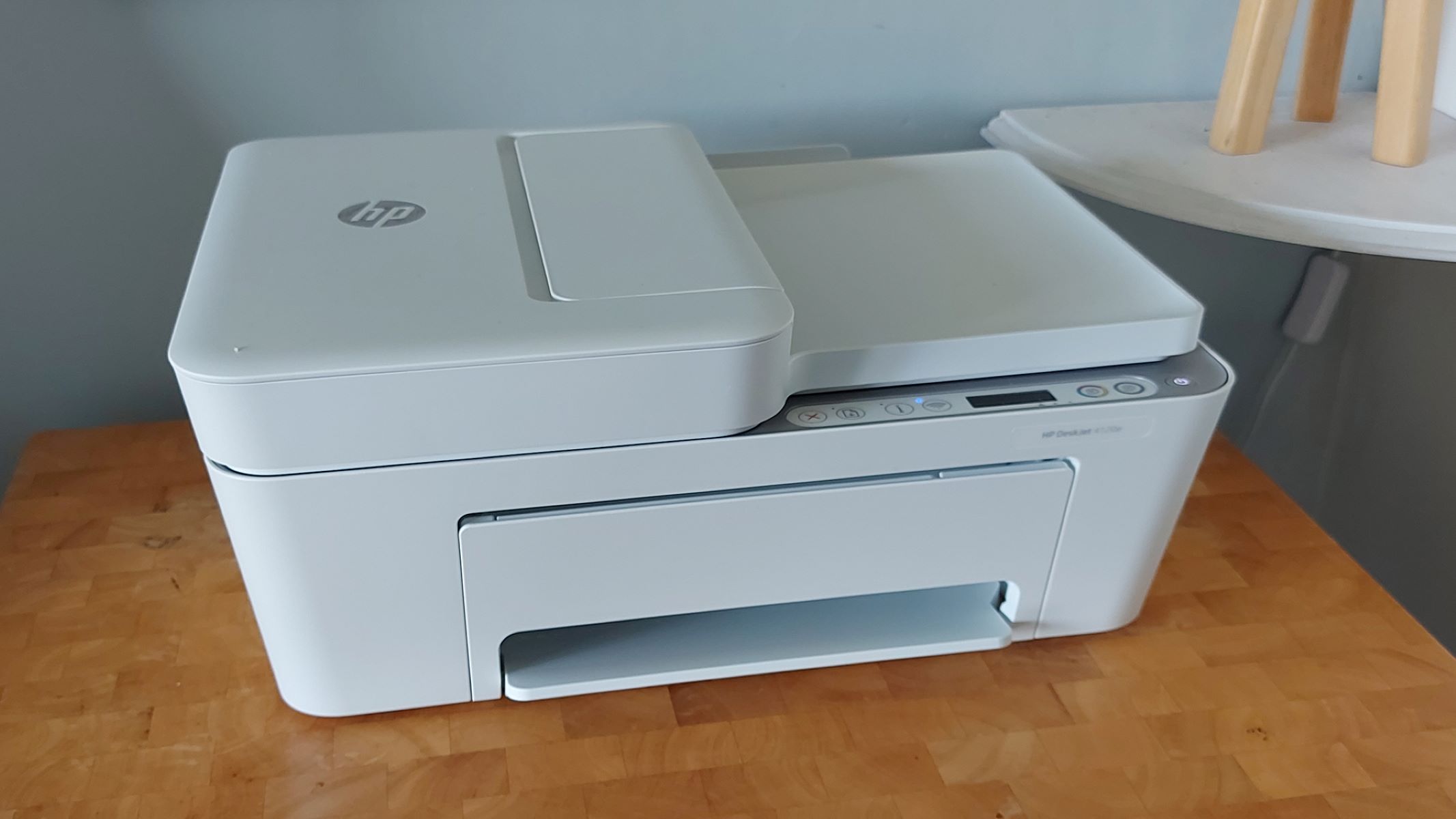


0 thoughts on “Why Is My Electric Kettle So Loud”